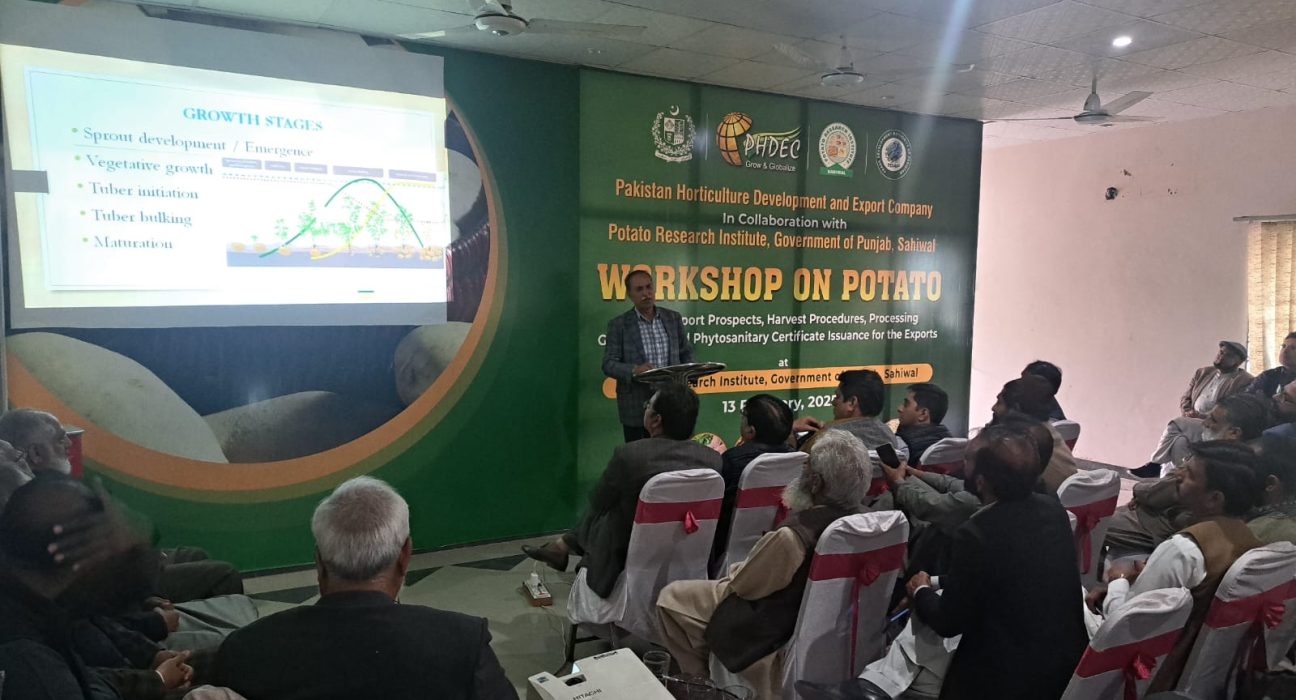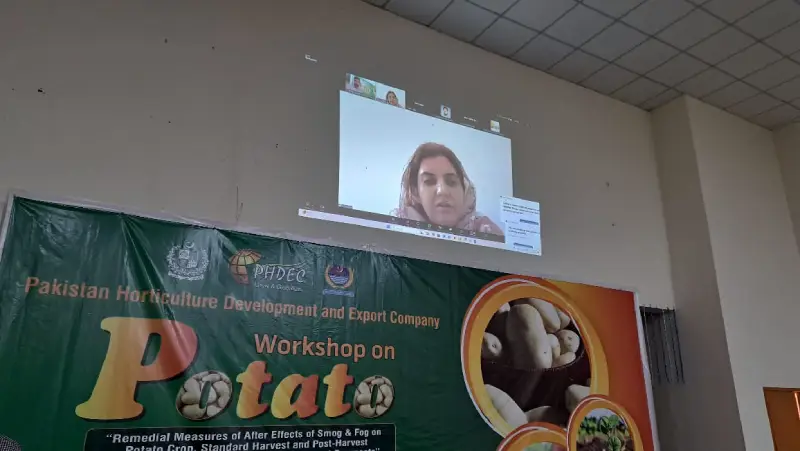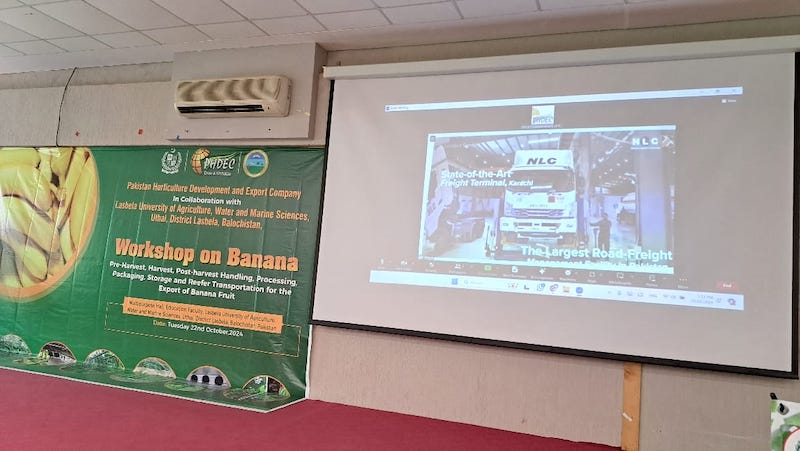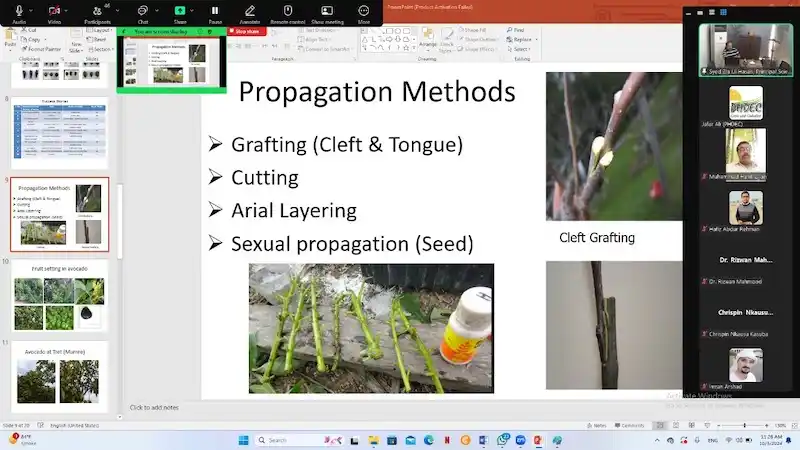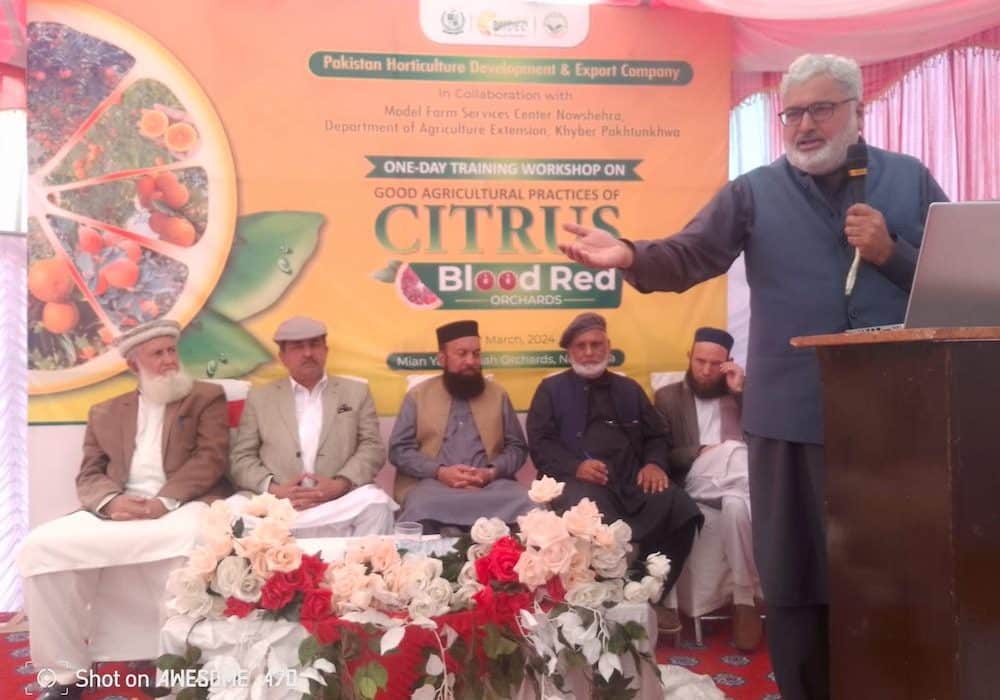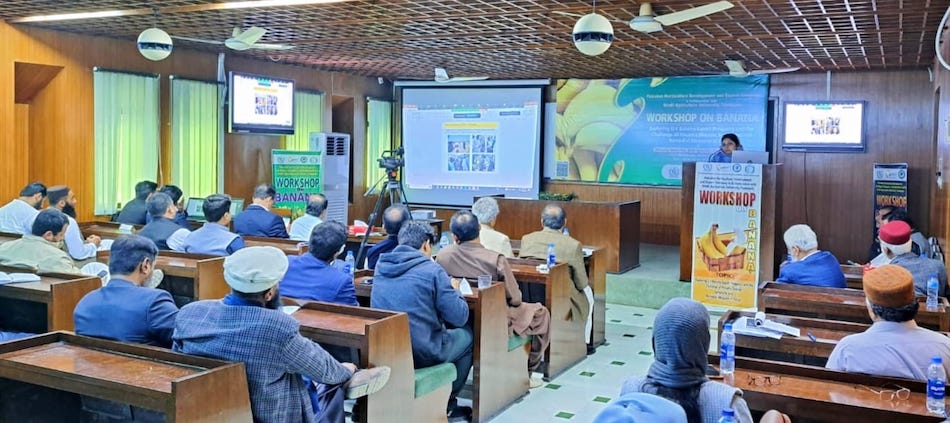Potato Export Prospects, Harvest Procedures, Processing Guidelines
(13th February, 2025), PHDEC conducted a workshop on Potato on the topic of Potato Export Prospects, Harvest Procedures, Processing Guidelines and Phytosanitary Certificate Issuance for the Exports in Collaboration with Potato Research Institute, Sahiwal to build the capacity of Potato stakeholders. Potato is a major vegetable of Pakistan in consumption & export terms, with an annual production of approximately 8.3 million metric tons (MMT) and over 750,000 tons to annual export volumes. The purpose of the workshop was to educate Potato growers/Exporters on the critical aspects of Potato harvest and post-harvest management and Phyto Issuances Procedures for Potato Exports.Trade missions from major importing countries were invited via Zoom to share market insights from their respective regions. These included:Dr. Kauser Ali Zaidi, Trade & Investment Minister, Kabul, AfghanistanMr. Attaullah- Trade & Investment Counsellor, Tashkent, UzbekistanMs. Tahira Javed- Trade & Investment Counsellor, Kualalampur, MalaysiaMs. Serrein Asad- Trade & Investment Attache, Doha, QatarThe workshops provided detailed presentations on topics such as growing high-quality Potatoes, as well as standard procedures for harvesting, processing, packing, and storage. Relevant pictures and videos were also shared to support the training. An expert from the DPP delivered a comprehensive presentation for the issuance of Phyto certificate as well covering key aspects such as documentation, inspection procedures, pest management standards, and adherence to global trade regulations. This session aimed to equip participants with the knowledge needed to streamline the export process and ensure timely shipments.


